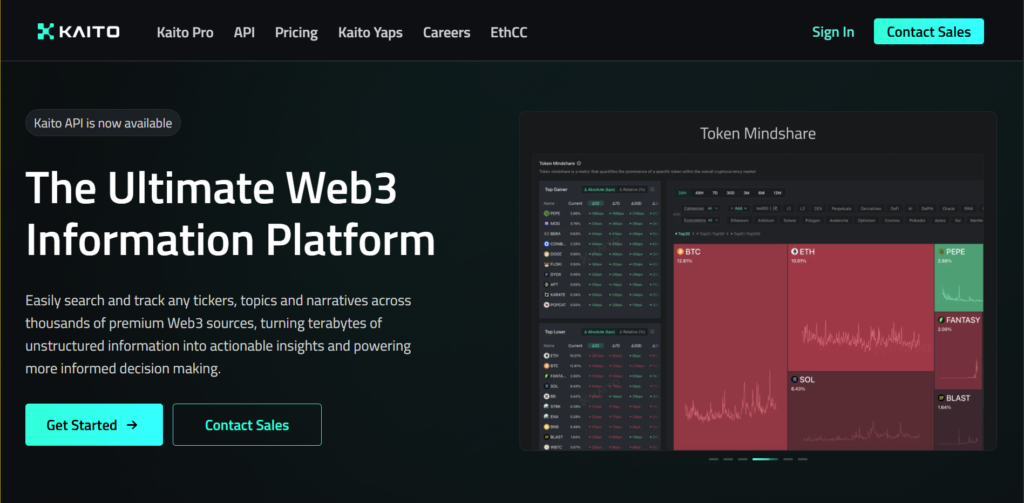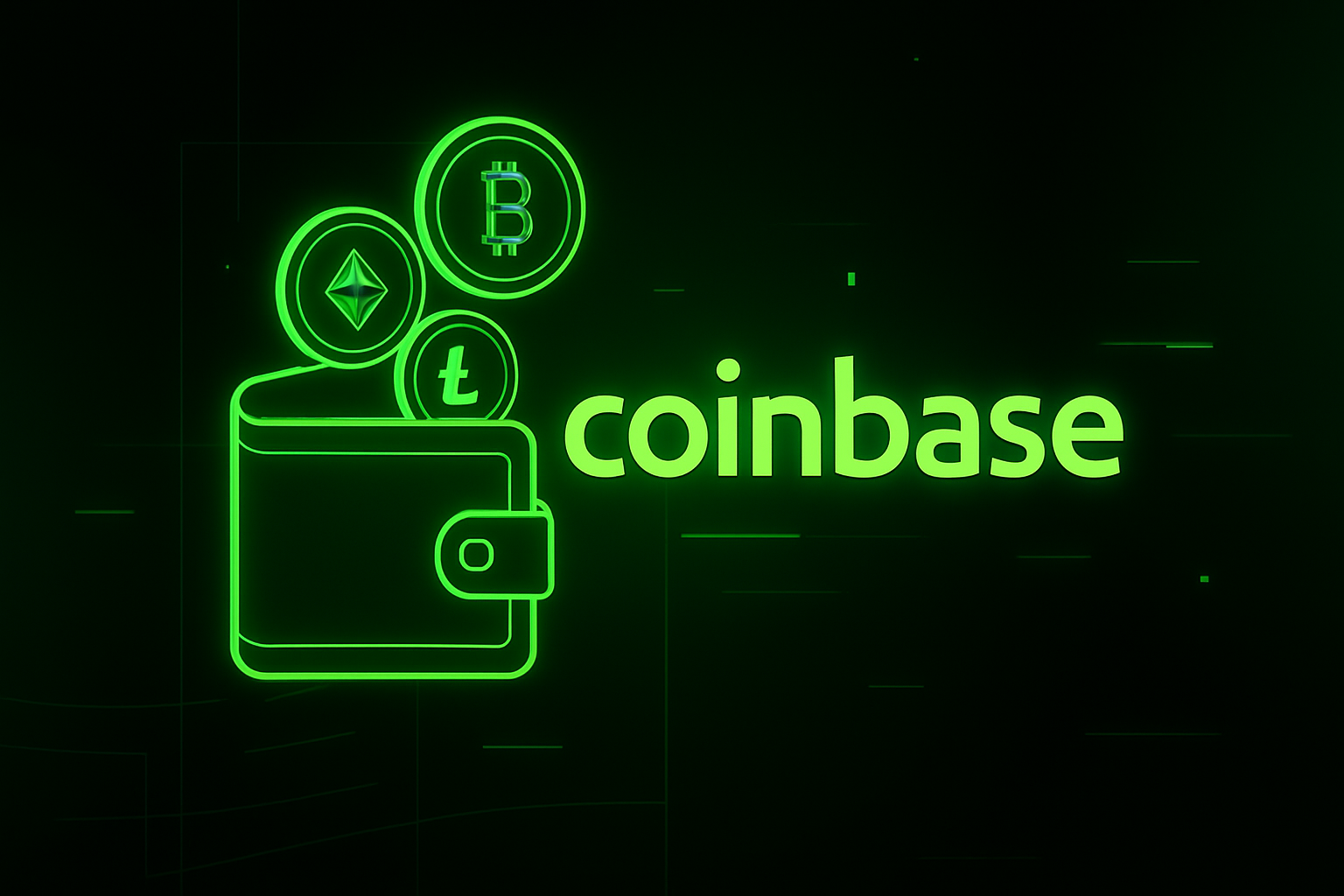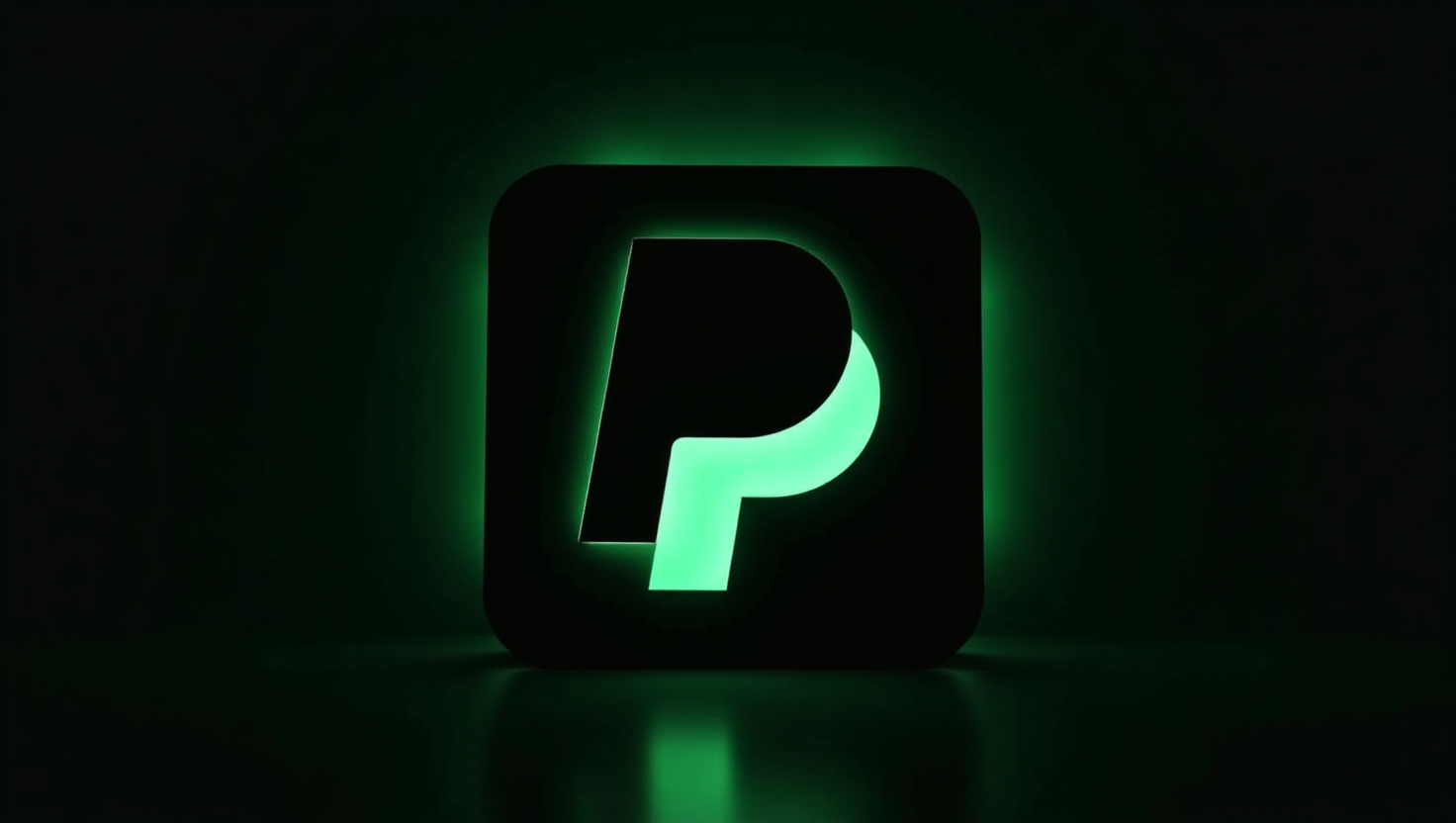Technology
Info‑Fi Explodes in 2025: Top 3 Projects Leading the Charge

Info‑Fi short for Information Finance, is gaining momentum in crypto this year, redefining data as tradable assets. Three leading platforms Kaito, Ocean Protocol, and Bubblemaps are turning insights and information into capital on blockchain-powered marketplaces.
What Is Info‑Fi?
Info‑Fi envisions information not just as a tool but as the asset itself something you can trade, monetize, and govern using blockchain and AI. It aligns incentives so creators of accurate data and analysis are rewarded directly, bypassing traditional centralized platforms. The framework builds markets around facts people want to know, rewarding truth and penalizing noise.
Top 3 Info‑Fi Projects
Kaito – The AI brain for crypto intelligence

Market snapshot: ~$320M market cap, ~241M KAITO tokens circulating, $1.63B fully diluted value.
- Tech edge: Uses NLP and AI agents to distill fragmented crypto data into actionable “Yaps” insights rewarding contributors for high‑quality analysis.
- Token utility: KAITO is used for governance, fees, and rewarding insight creators; out of 1B tokens, a chunk is reserved for ecosystem growth.
Ocean Protocol – Decentralized data bazaar

- Market snapshot: ~200M OCEAN tokens in circulation (out of 1.41B total).
- Tech edge: Enables users to sell data securely using “data NFTs” and datatokens, enforcing access rules on-chain while maintaining privacy.
- Token utility: Users stake OCEAN for governance and to signal data quality; token release is designed for sustainability over years.
Bubblemaps – Turning on‑chain data into visuals

- Market snapshot: ~$32M market cap, ~373M BMT tokens circulating.
- Tech edge: Visually maps blockchain flows wallet clusters, token movement, and potential manipulation with an upcoming “Intel Desk” for community insights.
- Token utility: BMT unlocks premium tools and powers the Intel Desk; supply capped at 1B with allocations for airdrops and ecosystem incentives.
Why It Matters?
Info‑Fi flips traditional crypto economics: your writing, predictions, and data analysis become the product. This grooms a fairer attention economy where expertise and insight generate real monetary upside. But it also needs robust markets designed carefully to reward accuracy and guard against misinformation and manipulation.
What’s Next for Info‑Fi?
The success of Info‑Fi stands on trust, scale, and regulation. Its promise is to encourage high-quality content, enabling fair markets for information could reshape both crypto and knowledge economies if platforms can handle audit, governance and user verification at scale.
Also Read: Bitcoin Supremacy Shrinks 5.9% – Which Altcoins will surge?
Defi
Coinbase Launches Embedded Developer Wallets via CDP

Coinbase has introduced CDP Server Wallets, also known as Embedded Wallets, enabling developers to seamlessly integrate secure, managed wallets into their applications with no private key handling. These wallets are deployed and controlled through Coinbase’s Developer Platform (CDP) via fast APIs.
What Are Embedded Wallets?
CDP Server Wallets offer a turnkey solution for builders needing programmatic access to on-chain execution without self-custody burdens. Wallets are hosted in secure enclaves, enforce transaction limits and allowlists, and provide smart policy controls—such as spend caps or contract access restrictions—all managed via API.
These wallets support multiple blockchains (EVM-compatible and Solana) and are compatible with standard developer tools like ethers.js, wagmi, and viem, allowing deployment in under 200 milliseconds.
Use Cases and Utility
Embedded Wallets are tailored for builders creating apps that require native wallet integration:
- Mass payments and payroll bots
- AI agents executing trades
- Smart contract interactions in apps and dApps
- Onrampenabled flows via Coinbase tooling
With no seed phrases or pop-ups, this solution reduces onboarding friction—ideal for Web2-like experiences in crypto-native apps.
Security at the Core
Key security features include wallet policies that block dangerous transactions by design: e.g., validating destinations, restricting amounts, or blocking known malicious smart contracts. These controls operate in Coinbase’s Trusted Execution Environment.
Wallet keys are never exposed even to Coinbase, ensuring high trust while preserving decentralization benefits.
Developer-Ready Ecosystem
Coinbase is actively promoting embedded wallets through its CDP Builder Grants, offering up to $30K in funding for developers integrating wallets, Onramp, and Swap APIs in their user flows.
An early-access program is also live for teams eager to test Embedded Wallets ahead of general availability.
Strategic Significance
Embedded Wallets represent a major architectural shift—bridging traditional Web app user experiences with on-chain execution. By abstracting key management and security policies, Coinbase enables developers to onboard new types of users into crypto-native products with minimal friction. This toolset echoes broader efforts to define wallet-as-a-service solutions for mainstream adoption.
News
Banks Pour $100B Into Blockchain Since 2020, Ripple Reports

Traditional banks are betting big on blockchain. A new report by Ripple, CB Insights, and the UK Centre for Blockchain Technologies reveals that these institutions have invested over $100 billion in blockchain initiatives since 2020. The funding spans 345 deals focused on payments, digital tokens, and custody. Over 90% of finance leaders expect blockchain to significantly shape banking by 2028.
What’s Fueling This Growth?
Banks are no longer sitting on the sidelines. From 2020 to 2024, they took part in 345 blockchain-related deals. These deals mainly target payment systems, tokenized assets, and safe storage solutions.
The report pulls together data from more than 10,000 blockchain transactions and responses from 1,800 finance executives across the world. That kind of scale confirms that interest in blockchain is more than just a passing trend.
According to Ripple, this investment marks the beginning of “blockchain’s deep integration into traditional banking workflows.”
Who’s Leading the Charge?
Some banks are moving faster than others. Citigroup and Goldman Sachs are ahead, with 18 blockchain deals each. Following closely are JPMorgan Chase and MUFG, who backed about 15 deals each.
These banks are supporting a wide range of startups. The common goal is to build better systems for payments, token creation, and safe transfers of digital assets. Additionally, many are exploring platforms for stablecoins and blockchain-based identity checks.
Why Does This Matter?
This level of investment shows that banks are shifting from testing to full adoption of blockchain systems. In other words, they see real value.
Many finance professionals now believe blockchain will improve how we move, store, and track money. For example, tokenization may allow faster stock trades. Blockchain could also help with compliance and secure record-keeping.
As Ripple notes, “the rise in real-world blockchain use cases is driving measurable business outcomes.”
What’s Next in Blockchain for Banks?
Looking ahead, expect banks to launch more tools for digital securities, tokenized bonds, and on-chain custody. These systems allow financial institutions to handle digital assets just like traditional ones—but with better transparency and speed.
Moreover, growing regulatory clarity is expected to encourage even more investment. As governments set clear rules, banks feel safer going all-in.
In fact, blockchain is already seen as a future backbone for payments, lending, and asset management.
Also Read : Info‑Fi Explodes in 2025: Top 3 Projects Leading the Charge
Coins
PayPal Launches “Pay with Crypto,” Supports Over 100 Cryptocurrencies for U.S. Merchants

PayPal has officially launched its new “Pay with Crypto” checkout solution for U.S. merchants, enabling businesses to accept payments in over 100 cryptocurrencies, including Bitcoin, Ethereum, USDT, XRP, BNB, Solana, and more.
Crypto Payments at Checkout
Under the new offering, PayPal users can pay with crypto through their preferred external wallet such as Coinbase, MetaMask, Kraken, Binance, OKX, Phantom, or Exodus. The system automatically converts the crypto payment into PayPal USD (PYUSD), the company’s stablecoin backed by the U.S. dollar, or into fiat USD, to ensure merchants receive a stable and predictable settlement.
Dramatic Fee Reductions for Merchants
PayPal is offering a promotional transaction fee of 0.99% for the first year—far lower than typical international card processing fees—and will increase to 1.5% afterward. This strategy is aimed at cutting cross-border payment costs by up to 90%, making crypto more cost-effective for merchants.
Expanding Global Commerce Potential
PayPal estimates the service connects merchants with a $3+ trillion crypto market and over 650 million crypto users worldwide. By accepting crypto payments through PayPal, businesses can access new revenue streams while offering customers modern, flexible payment options.
Merchants who choose settlement in PYUSD can also earn up to 4% annual interest on stablecoin balances held within PayPal a feature that further enhances the platform’s appeal.
Users can link crypto wallets like MetaMask, Coinbase, Phantom, Binance, and Kraken to make crypto payments directly at checkout. Populations previously excluded due to technical barriers could now participate in crypto commerce seamlessly.
Market Impact
PayPal CEO Alex Chriss highlighted the company’s mission to empower businesses globally large or small by eliminating the complexity and high cost of cross-border payments. He emphasized that “Pay with Crypto” helps merchants expand globally while keeping fees low and increasing consumer choice.




